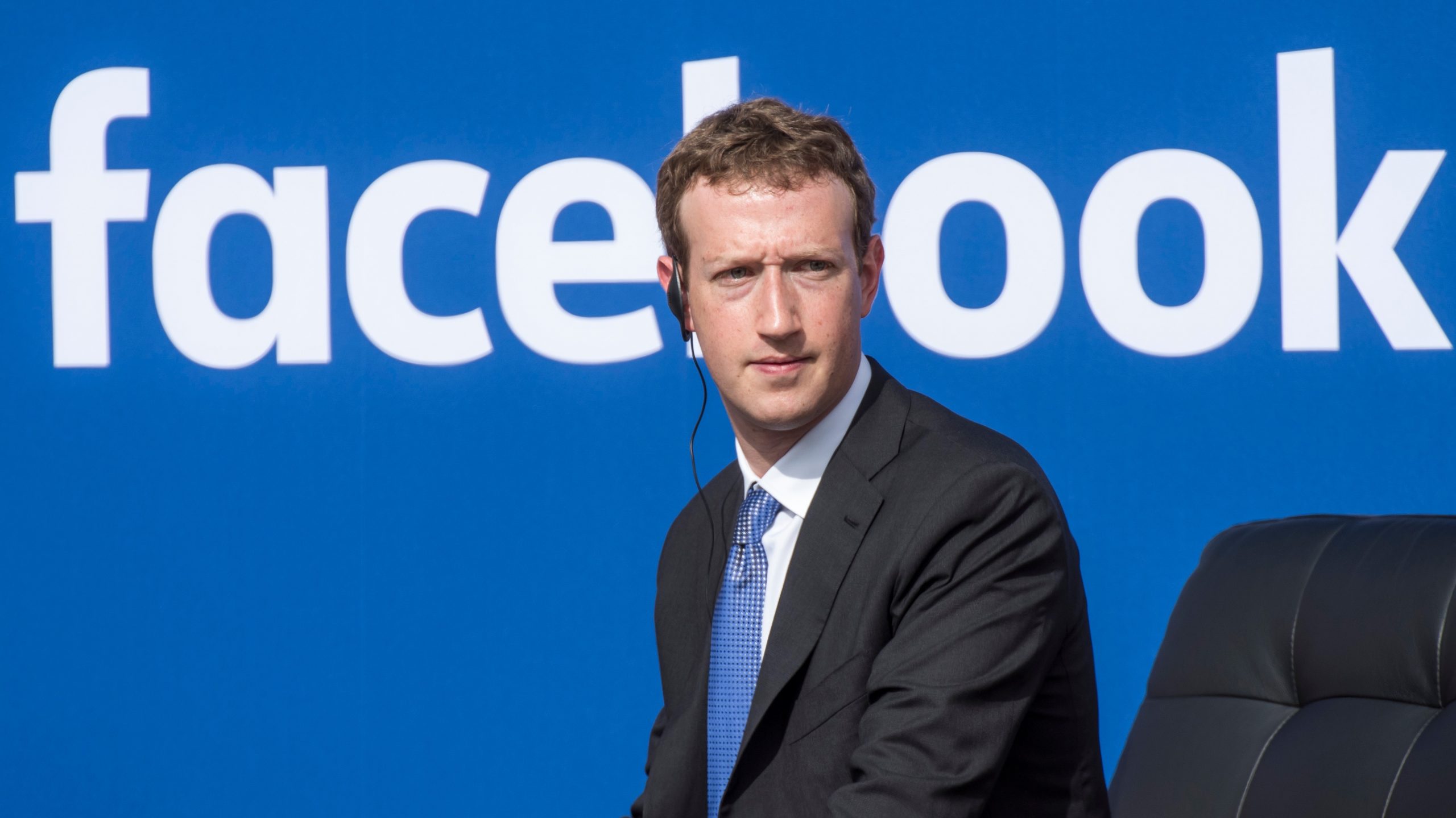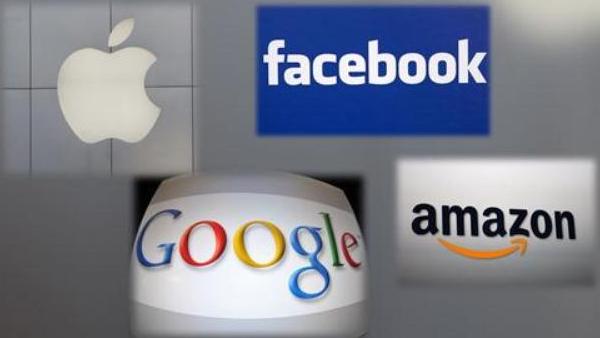Wanting to avoid prying eyes of parents and grandparents, younger generation of social media users are now dumping Facebook and moving to not-too-friendly-to-older-age-groups Snapchat.
According to eMarketer’s latest forecast on social network usage, Facebook is losing younger users at an even faster pace than previously expected, and while the social media platform was able to count on Instagram to retain that younger audience in the past, Snapchat may now be siphoning away more users.
“This year, for the first time, less than half of US internet users ages 12 to 17 will use Facebook via any device at least once per month.
“Facebook is still adding monthly users overall, but older age groups are mainly responsible for this. The number of total Facebook users in the US will reach 169.5 million this year, up just under 1% from 2017.
“Meanwhile, Facebook’s proportion of social network users accessing the platform will continue to decline over the forecast period,” eMarketer report read.
According to the report, the number of US Facebook users ages 11 and younger will decline by 9.3% in 2018.
“Additionally, the number of users ages 12 to 17 and 18 to 24 will decrease by 5.6% and 5.8%, respectively.
“Facebook will lose 2 million users ages 24 and younger this year, eMarketer estimates. But not all of those users are migrating to Instagram.
“For example, eMarketer predicts Instagram will add 1.6 million users ages 24 and younger. Snapchat, meanwhile, will add 1.9 million users in that age group.
“Snapchat will continue to have more users ages 12 to 24 compared with that of Instagram.
“However, Instagram overall is still bigger in the US than Snapchat. The number of Instagram users will total 104.7 million in 2018, up 13.1% year over year. Snapchat, meanwhile, will see its user base increase by 9.3% to 86.5 million,” the report further read.
Meanwhile, according to eMarketer principal analyst Debra Aho, “Snapchat could eventually experience more growth in older age groups, since it’s redesigning its platform to be easier to use”.
“The question will be whether younger users will still find Snapchat cool if more of their parents and grandparents are on it. That’s the predicament Facebook is in,” he added.

